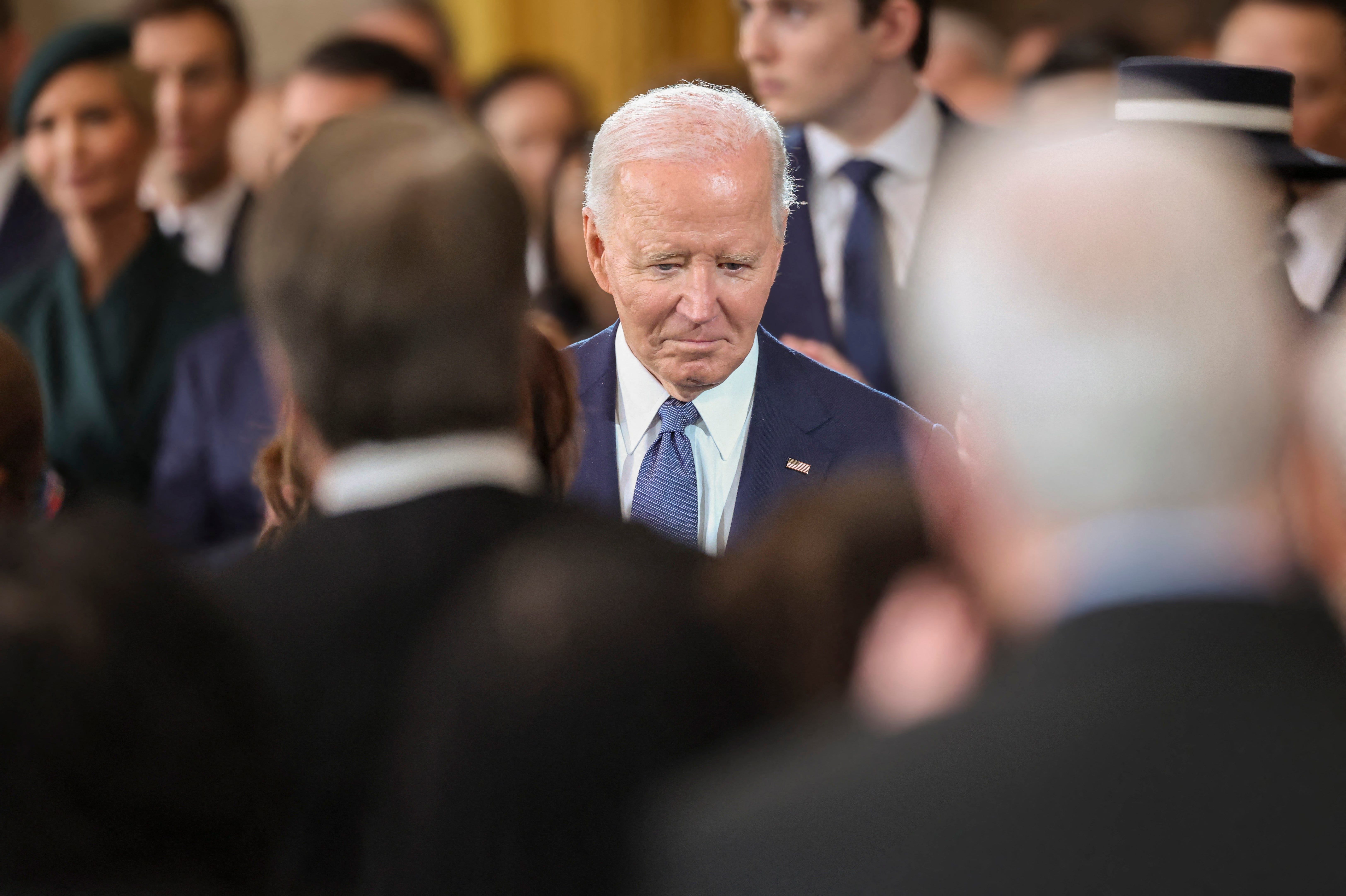Some U.S. politicians voice support for Cuba protesters as State Department calls for "calm"
Thousands of people took to the streets on Sunday in the biggest protests against Cuba's communist government in decades. The demonstrations came amid one of the worst economic crises the country has faced, and as it struggles to fight rising COVID-19 cases.
Cuba continues to suffer from the impact of a decades-old U.S. trade embargo, and more targeted sanctions imposed by the Trump administration, which the Biden administration has left in place. Senior State Department official Julie Chung tweeted support for Sunday's protesters, but her initial message suggesting the anger in Cuba was only "about rising COVID cases/deaths" drew a quick rebuke from Florida's Republican Senator Marco Rubio, a prominent voice in the large, politically powerful Cuban-American community in the U.S.
Rubio blasted Chung's first tweet as "ridiculous," saying the protests in Cuba "are not simply because of COVID," and added a jab at President Biden: "It's now 10:15pm, and still nothing from @JoeBiden."
Mr. Biden issued a statement Monday morning backing the protesters and calling on the Cuban regime to "to hear their people and serve their needs at this vital moment rather than enriching themselves." The president said the Cuban people are "bravely asserting fundamental and universal rights," which "must be respected."
GOP Senators Ted Cruz and Mitt Romney likewise expressed support for the protests on Monday. In a statement issued before Mr. Biden's comments, Cruz said, "The American people stand squarely with the men and women of Cuba and their noble fight for liberty, and the Biden administration must unequivocally and forcefully tell the world as much — immediately."
"Though miles and sea separate us from the courageous Cubans demonstrating for freedom, we stand beside them with admiration and hope," Romney said on Twitter.
Many in the Cuban American and broader Latin American communities want the White House to stick with the tough stance adopted by Mr. Biden's predecessor.
Cuban President Miguel Díaz-Canel appeared on television on Sunday to condemn the demonstrations — and to call on supporters of the government to respond, with a call for "combat" in the streets against what he labeled provocateurs. Chung tweeted again to say the U.S. government was "deeply concerned by 'calls to combat' in Cuba."
"We stand by the Cuban people's right for peaceful assembly," Chung said. "We call for calm and condemn any violence."
Many members of Miami's Cuban American community and other supporters took to the streets on Sunday in South Florida to show solidarity with the Cuban anti-government protesters.
Hundreds held up Cuban and U.S. flags at the Versailles Restaurant in Miami's Little Havana on Sunday afternoon, prompting Miami Police to close a major thoroughfare to vehicle traffic for several hours, "in support of a demonstration and to ensure the safety of all participants."
The demonstrations in Miami drew an outpouring of support from local leaders, including the Miami-Dade mayor, Rubio and congressional representatives from several districts.
"We stand united with the Cuban people on the island and across our community at this historic moment in the struggle for freedom, dignity, and basic human rights," Miami-Dade Mayor Daniella Levine Cava said in a tweet. "May their courageous actions bring about real change and move us closer to the dream of a free Cuba."
In addition to his criticism of the Biden administration's response, Rubio used his Twitter account to share pictures and video of the protests in Cuba.
"Spontaneous street protests breaking out in several cities in Cuba right now with chants of #NoTenemosMiedo (We Are Not Afraid)," he said. "Frustration with the dictatorships incompetence, greed and repression is mounting rapidly."
The collective Florida Democrats account belittled the Cuban government as "nothing more than a failed tyranny," while expressing support for the anti-government protesters: "We stand with the Cuban people as they raise their voices in protest of a repressive government that refuses to help its people."
In a joint statement, U.S. Representatives Mario Diaz-Balart, Carlos Gimenez and Maria Elvira Salazar, all Republicans, shared their support for the protesters in Cuba.
"The humanitarian crisis Cuba faces right now is yet another symptom of the incompetence and absolute cruelty of the Cuban tyranny," they wrote. "We know what freedom means for the Cuban people, and now, while the regime uses savage violence against the people peacefully demonstrating in the streets, the world has the obligation to stand with the brave Cuban people."
Díaz-Canel, like his predecessors did for decades before him, blames Cuba's economic malaise on the U.S. trade restrictions and sanctions imposed by former President Donald Trump. In his remarks on Sunday, he accused American officials and others in the U.S. of fueling the unrest in his small Caribbean nation by spreading anti-government propaganda.



